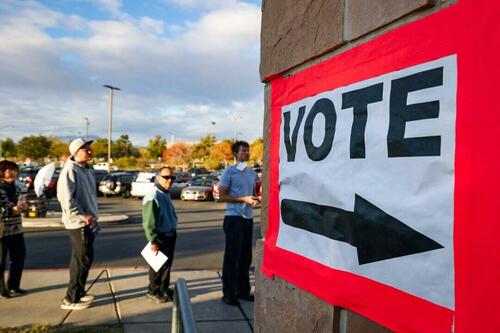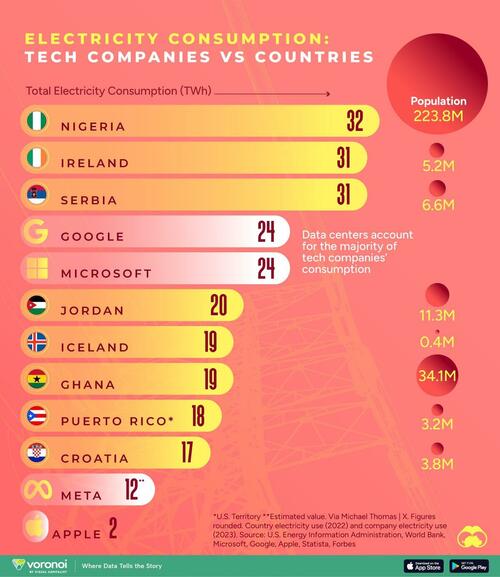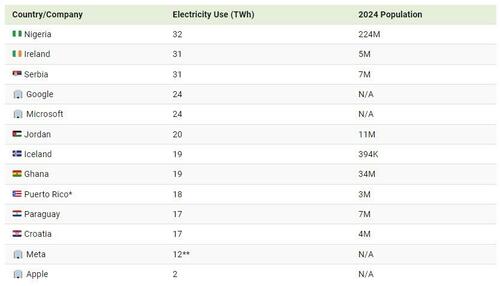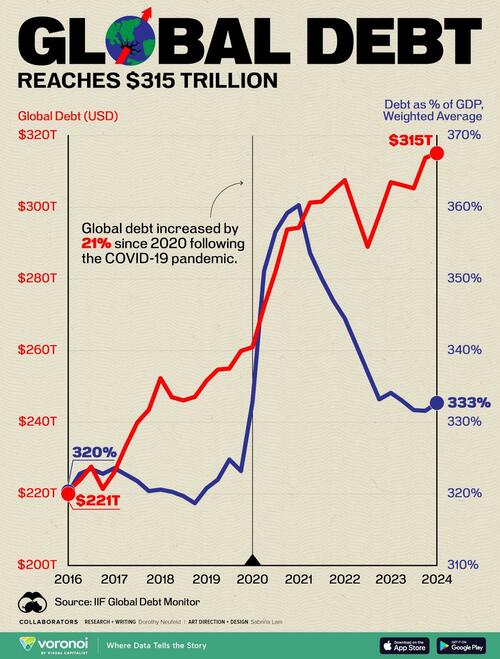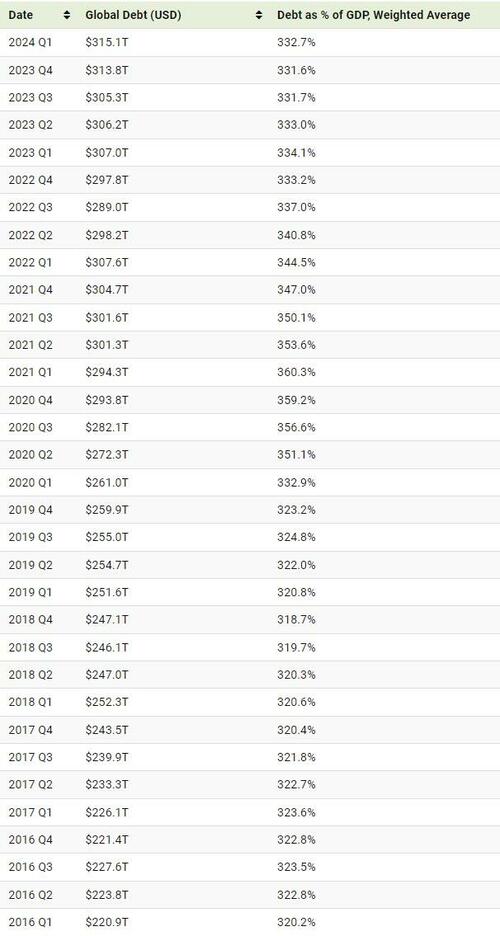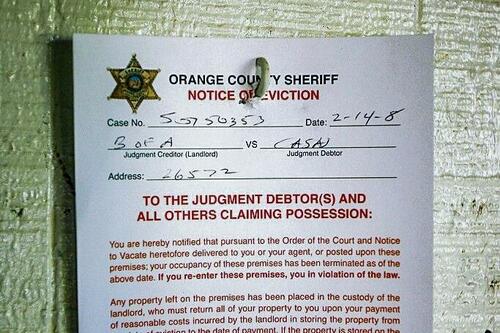9 States Sue Biden Admin To Block Voter Registration Executive Order
Authored by Tom Ozimek via The Epoch Times (emphasis ours),
Mississippi and eight other states have sued the Biden administration to block an executive order that requires federal agencies to develop strategies to expand voter registration, which the states claim aims to promote left-wing politicians and policies at elections.
The complaint, which was filed in the U.S. District Court for the District of Kansas on Aug. 13, accuses Executive Order 14019 on Promoting Access to Voting of “partisan infection” so severe as to undermine its claimed intent, which is to make registering to vote and voting simple and easy, and to promote the right to vote among eligible Americans.
Mississippi, which was joined in the lawsuit by Montana, Kansas, Iowa, Nebraska, North Dakota, Oklahoma, South Carolina, and South Dakota, alleges that the executive order oversteps the boundaries of federal authority and violates the U.S. Constitution, particularly in its alleged encroachment on states’ rights to manage their own voter registration processes.
The lawsuit claims that the executive order turns federal agencies into voter registration entities, bypasses transparency, and is driven by partisan motives.
“We fully support encouraging voter registration and promoting an engaged electorate,” Mississippi Attorney General Lynn Fitch said in a statement. “But putting the full weight of the Oval Office behind an effort first developed by partisan activist groups and then hiding the agency activities from public scrutiny goes too far. The law does not allow it. Mississippi will not stand for it.”
The legal action seeks to block implementation of Executive Order 14019, arguing that plans for the order did not go through notice and public comment or any of the safeguards under the Administrative Procedure Act that ensure accountability and transparency.
“The partisan infection is so severe as to render EO 14019, and the agency decisions stemming from it, the product of pretext,“ the complaint reads. ”That is, rather than ensure ‘that registering to vote and the act of voting be made simple and easy for all those eligible to do so,’ or promoting or defending ‘the right to vote for all Americans who are legally entitled to participate in elections,’ … the purpose is to promote left-wing politicians and policies at elections.”
The White House didn’t immediately respond to a request for comment on the legal challenge.
Federal Agencies Mobilized
President Joe Biden signed the executive order on March 7, 2021. It directs federal agencies to explore ways to expand voter registration and participation by providing relevant information and resources during public interactions, facilitating access to voter services, and ensuring equal voting opportunities.
“Agencies shall consider ways to expand citizens’ opportunities to register to vote and to obtain information about, and participate in, the electoral process,” the order reads.
Various government agencies—including the Department of Justice, the Department of Education, and the Department of Agriculture—are carrying out campaigns to sign up new voters.
Ceridwen Cherry, a former staff attorney on the American Civil Liberties Union Voting Rights Project, called the executive order “visionary.”
“In a democracy, governments at all levels should be doing everything they can to help eligible people register to vote,” he said in a statement. ”The voting access executive order is an important step toward achieving this goal because it gets the federal government involved in aiding with voter registration, just as state governments already do.”
Some experts have said that the executive order benefits Democrats over Republicans.
“They’re targeting welfare agencies that serve predominantly left-leaning voters,” Stewart Whitson, legal director of the Foundation for Government Accountability, told The Epoch Times in an earlier interview.
“It’s targeted voter registration, so you don’t have to worry about turning out more Republican voters if you focus your efforts in places where the vast majority of voters are going to lean left.”
A report by a coalition of progressive groups details their assessment of how well 10 federal agencies are doing in implementing the executive order and where they can do better.
Some of the report’s recommendations include urging the Department of Health and Human Services to sign up new voters in applications for health insurance under Obamacare.
The report also encourages the Department of Veterans Affairs to include voter registration for veterans who sign up for VA health benefits and suggests that the Education Department include voter registration when students apply for federal student aid.
Also, the Bureau of Prisons should work to register eligible convicts, per the recommendations of the report, which praised the Treasury Department for targeting voter registration efforts at “low income clients of its voluntary tax preparation clinics.”
Critics have said federal agencies are also partnering with private groups to sign up voters on federal agency premises.
“They’re essentially taking third-party groups and they’re bringing them onto federal land, into a federal office, and who knows what they’re doing,” Whitson said.
“Who knows if they’re following state laws governing voter registration and the collection of applications?”
He said that the Biden administration hasn’t disclosed which private groups will partner with federal agencies.
Kevin Stocklin contributed to this report.
Tyler Durden
Fri, 08/16/2024 – 09:25
via ZeroHedge News https://ift.tt/pzEYx1L Tyler Durden
